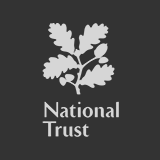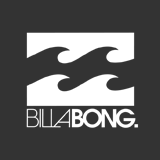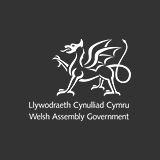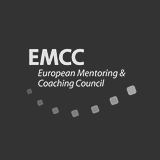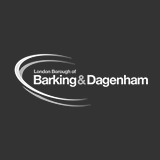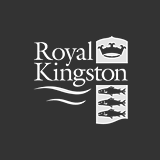moreme.com interview – tackling some of coaching’s biggest questions
Written by Stuart Haden on April 2, 2014
moreme.com is a community market place for professional development and when they asked me to partake in a short interview I jumped at the chance. Here are my views on some of the biggest questions in coaching right now….
Here is the link to the moreme.com interview, or you can read my responses below…
1) How do you feel the coaching industry has evolved in recent times?
Coaching has certainly gained more prominence in society over the years. For example, we now find coaches and mentors on Saturday night TV, attaching themselves by definition at least to to reality TV shows such as The X Factor and The Voice.
All this is great news for the coaching industry. However, continuing dialogue between different coaching associations and bodies needs to have a more joined up approach. We are in danger of going off down different paths, where perhaps one organisation could serve us all. Granted there are good examples were different bodies of work together, however, if we are to truly evolve then maybe we need one direction.
2) What do you perceive to be the biggest challenges in the coaching industry today?
As I’ve mentioned above the biggest challenge in the coaching industry right now is whether we move towards a regulated industry. Beyond that the next biggest challenge I see is to embody and embrace the value of choice, which coaching as a practice fundamentally does time and time again. Unfortunately, coaching has fallen into a bit of a trap where coachees are sometimes given too much choice when it comes to selecting their coach. Coaching chemistry meetings can lead to a needless selection process, that both wastes time for coach and coachee. We just need to find a harmony between an effective process and choice for all.
3) What coaching support are business clients mostly requesting at present?
There are two areas that clients seem to be requesting at the moment. The first is a sense of authenticity. A need for coachees to align their personal values to their organisation. Often asking the question – am I in the right role? Coaching in this context can therefore reduce uncertainty about these contextual and personal questions.
Secondly, many of my clients seem to have run out of fuel. Entering into coaching to recharge the batteries and fill up their tanks. In combination with locating their values and aligning them to the workplace many coachees seek greater vitality, efficiency and energy in the work that they do. Often this comes down to coachees establishing what motivates them on a physical, emotional, and intellectual level. Sometimes the conversations can extend to other energy sources such as soul and spirit.
Simply put if individuals can be authentic they have direction. If individuals can harness energy than they might have more drive and determination to succeed.
4) What do you see clients struggle with the most when embarking on a coaching assignment?
The first thing I noticed clients struggling with when they embarked on a coaching assignment is knowing who they need to be as a coachee. Many leaders begin coaching without true sense of how they need to learn, is coaching the appropriate channel for learning, are they ready for coaching and do they possess the values to be an effective coachee. The goals agreed at the outset are often of obvious, straightforward and understood by all. However, it is this second learning journey that can often make the difference between success and failure.
After years of increasing frustration in this area I set out to write a book with purely the coachee in mind. In November of this year my book It’s Not About The Coach will be published, a resource that I hope will increase the awareness of the coachee’s learning journey. From my research (I interviewed 85 HR professionals) I describe the journey in three phases. Firstly, coachees need to consider possibilities, this often is required at the start of coaching relationships. Secondly, coachees need to challenge their perception, of where they are now where they might go. Thirdly, at the end of the relationship coaches are required to change performance. These three phases (possibilities, perception and performance) offer a great map for coachees and coaches alike.
5) What’s one of the best coaching experiences you’ve have had?
I recently worked with the Managing Director of an investment bank. It was certainly one of the best coaching assignments I have ever worked on. 20 minutes into our chemistry meeting he said he would choose me there and then. This individual embraced the concept of authenticity. He was very candid in his observations, bouncing back and forth between personal and work values. This was a vital ingredient in the coaching, and a key component in his success. This allowed the coachee to greater appreciate his role, developer his team and create a career plan for himself that included both his professional needs and the values that he and his family embodied.
6) What do you enjoy most about being a coach?
Being a coach allows me to work with many interesting individuals, I love the variation that each day, conversation and meeting privileges. Equally it’s fascinating to learn more about different organisations, culture and teams. How they operate, the language they use and the drivers that push them forward. I also love facilitating workshops and masterclasses, and even speaking in front of hundreds of people. However, I always enjoy my coaching assignments because it allows both of us to work on a one-to-one level. Therefore, we can be highly precise, specific and attuned to the needs of the individual, team and organisation. Ultimately everything is invented, it’s a story and one that I love to privilege and unpack so that coachees can eternalize, remember and re author their stories.

